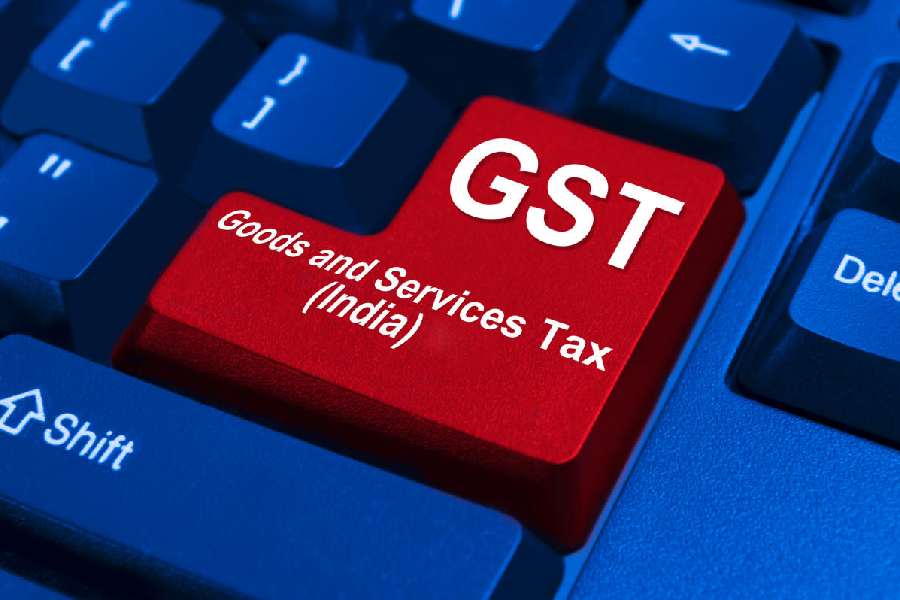The GST Council will convene on Saturday at Jaisalmer, with discussions set to focus on potential tax relief for health and life insurance premiums.
While many are hopeful that the Council will reduce tax rates on insurance, officials suggest that any broad restructuring of Goods and Services Tax (GST) rates will require more time and detailed deliberation.
Finance minister Nirmala Sitharaman will chair the 55th GST Council meeting, with state finance ministers in attendance.
The agenda includes proposals to exempt certain health and life insurance premiums from GST, as well as a review of recommendations from the Council’s rate rationalisation panel, which has suggested adjustments across 148 items.
Sources close to the discussions indicate that term life insurance premiums and health policies for senior citizens are expected to be top priorities.
The Council is likely to consider exempting GST for health policies with coverage up to ₹5 lakh. Policies exceeding this threshold would continue to attract 18 per cent tax.
The proposed tax relief could result in a revenue loss of approximately ₹2,600 crore annually, with ₹200 crore coming from term life insurance premiums and ₹2,400 crore from health insurance, according to insiders. However, some officials argue that the lower insurance premiums could spur demand, thereby offsetting the loss in revenue.
Despite these potential benefits, several states have expressed concerns about large-scale rate changes, citing fears over revenue falls.
Sin goods
The Council is also set to address a proposal to maintain the existing four-tier GST structure — 5 per cent, 12 per cent, 18 per cent, and 28 per cent —while introducing a new 35 per cent slab exclusively for sin goods such as tobacco and aerated beverages. This higher rate would aim to boost revenues from luxury and demerit goods, which currently account for a significant portion of GST collections.
Experts are divided over the long-term effects of the proposed changes. While some support targeted tax relief to stimulate demand for sectors like insurance, others warn that higher taxes on luxury and sin goods could lead to legal challenges and compliance issues.











